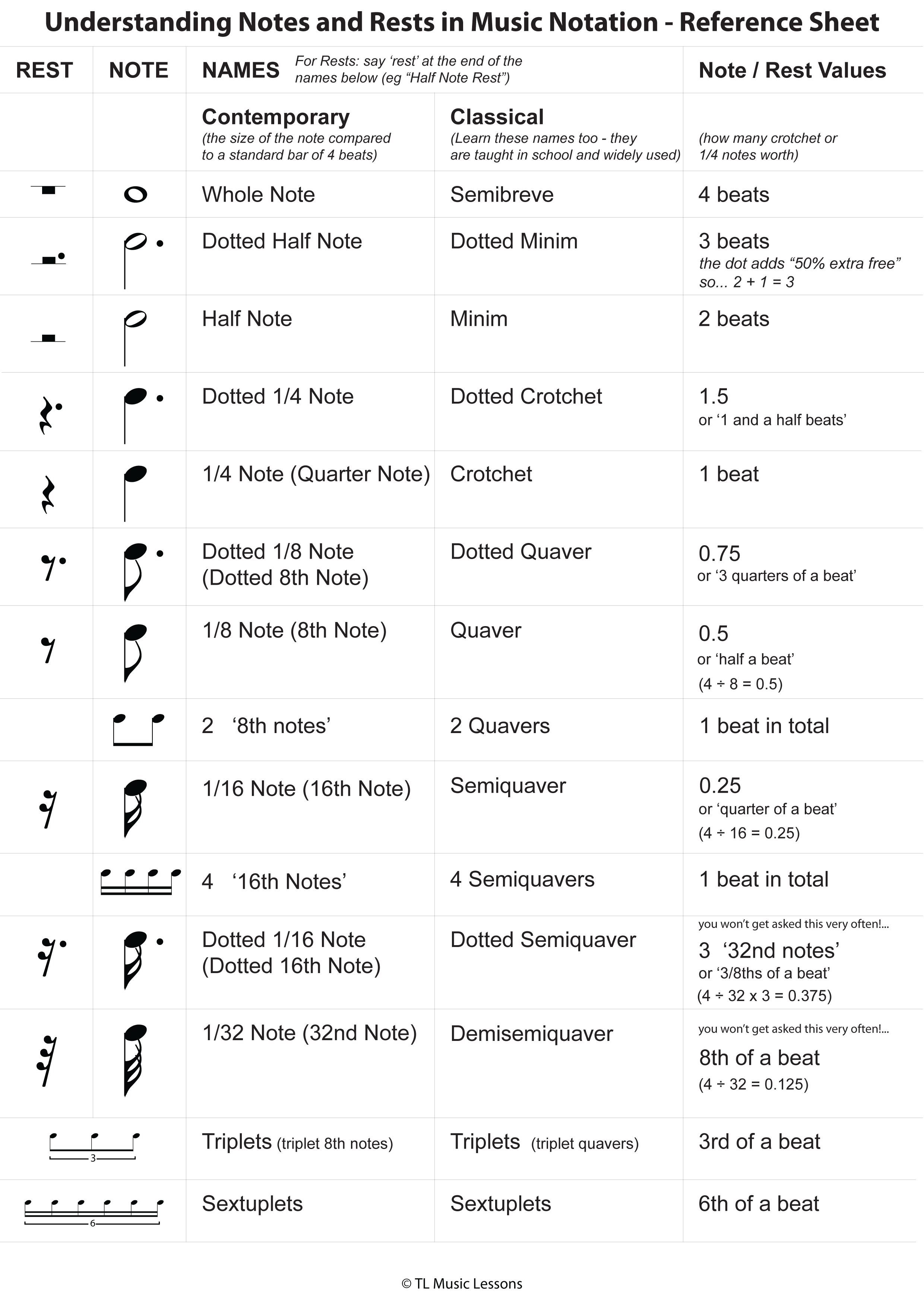

Dobson took his role equally seriously, though with bright vowel sounds and operatic vibrato one might think that he is less suited to sing oratorio, and much more inclined to opera. Dobson is an excellent dramatic baritone, and carried off the role splendidly, as he did Masetto in Calgary Opera’s production of Don Giovanni. I had the pleasure of hearing bass-baritone Alexander Dobson sing Count Almaviva (Alberto) in Against the Grain’s production of Figaro’s Wedding last summer in Toronto. Chona chooses to pursue music as a career someday. Chona gave a secure and musical accounting of this high, ethereal aria, doing it justice. Pudwell in part three, a beautiful highlight.Īlso of interest was the substitution of treble Gabriel Chona for the soprano aria ‘How beautiful are the feet of them that preach the gospel of peace’. Chester forget his meltingly warm tone, particularly in his duet with Ms. Chester helped make it clear right form the outset: here is a Messiah meant to convict, not entertain. Chester’s sensitivity to interpreting the subtleties of the test, he also demonstrated considerable workhorse skill and breath control, yet replete with Baroque sensitivity and consummate coloratura. Embellishment and notational sensitivity to the words were well combined with a harmonic acuity wholly supportive of close textual reading.Īnd while arias like ‘Ev’ry Valley’ and ‘Thou shalt break them’ showed Mr. Bringing a welcome vibrato, complete with dramatic and clear tone, his interpretation was filled with pathos encouraging comfort for the Jews, and us too.

Chester is an excellent rhetorical singer and took his role as an opera performer within an oratorio context seriously. Tenor Dereck Chester sang his opening ‘Comfort ye’ quickly, perfectly even, and brought great sensitivity to ‘Ev’ry valley’. I couldn’t get over how every chord was rounded and perfect, nor how every strand of legato phrasing gleamed with polyphonic polish. The imitation piece ‘And he shall purify’ was just that – absolutely the purest singing of the opening chorus I have ever heard, live, on video, or on recording. It was likewise impossible to escape the choir’s sheer power and technical prowess when handling some of the more difficult contrapuntal works, such as the diminution fugue ‘Let all the Angels of God’, or the spritely coloratura show-pieces ‘Let us break their bonds asunder’ and ‘His yolk is easy’. Quieter sections of ‘Behold the Lamb’ are taken a little more slowly, in a considered and unrushed tempo, to give appropriate concern to the theological and spiritual message the text might have imparted to listeners of the day. Spiritus’ treatments of Messiah’s well-known choruses take on a freshly hewn perspective, meant to be as much didactic as dramatic. This advertisement has not loaded yet, but your article continues below. Tonight was a splendid exception that demonstrated what a director with artistic imagination can do to re-enliven a cultural warhorse such as Messiah, turning it from fossilized favoured chestnut to an inspirated living document of musical life in eighteenth-century England. But they are seldom performed that way nowadays. There are no differences musically between the two genres – oratorios are essentially unstaged operas. Handel had been gradually forced to give up writing Italian operas when his companies time after time went broke yet between the 1730s and 1741, and thus he grudgingly turned to composing English oratorios, changing with the times and prevailing public taste. Shantz brought a fresh perspective to the work that was theologically inspired, supported by a complex breadth of religiously-oriented word-painting throughout, and in particular, an operatic sensibility that authenticated his artisitic vision.

The next issue of Calgary Herald Headline News will soon be in your inbox. If you don't see it, please check your junk folder.


 0 kommentar(er)
0 kommentar(er)
